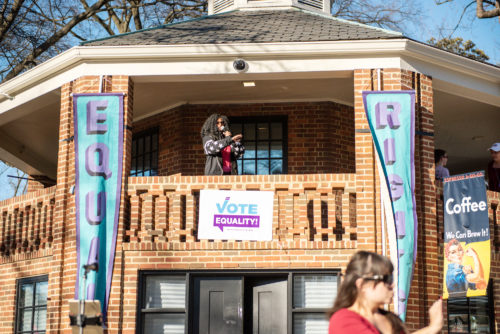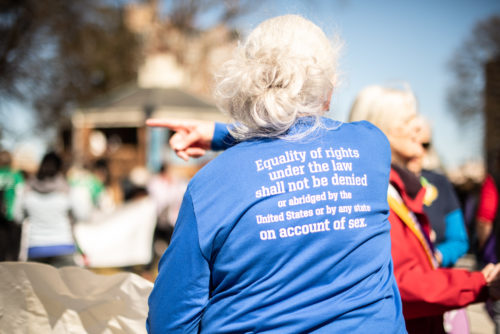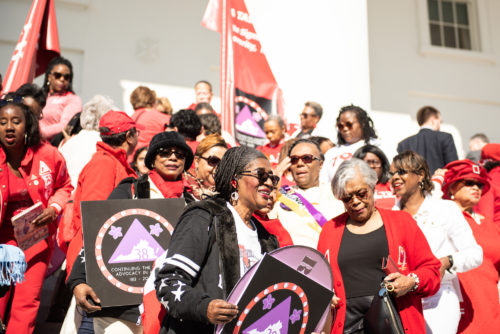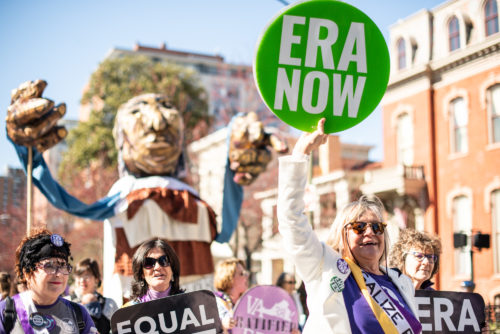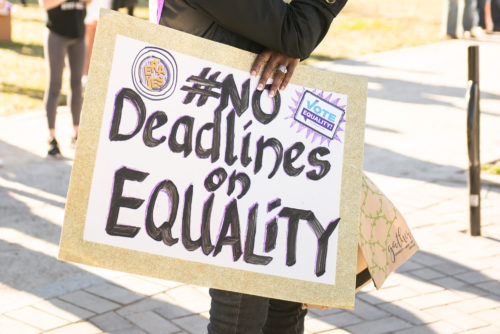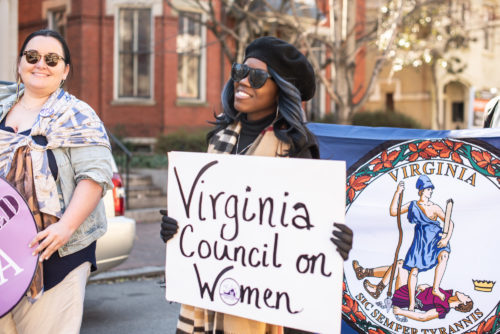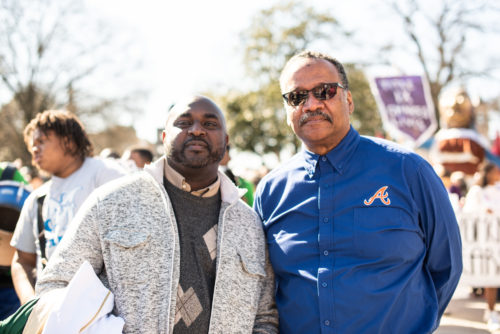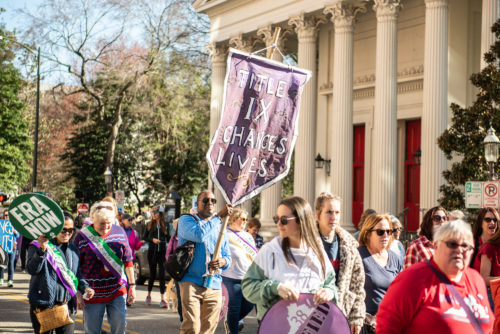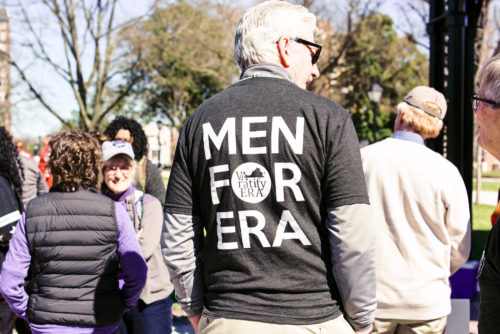“Didn't the ratification deadline already pass?”
- The arbitrary and unilateral deadline that was not included in the wording of the 28th Amendment (Equal Rights), ratified by 38 states, should not keep gender equality out of our Constitution.
- Although the Constitution references many time limits (lengths of terms, age to run for office, number of years as a citizen) it never references a time limit for amendments. In fact, the 27th Amendment was added in the 1990s after a 200+ year ratification period.
- Article V of the Constitution, which outlines the amending process, does not provide Congress the unilateral ability to impose a time limit on a state’s ratification.
- During the 20th Century, beginning with the prohibition amendment, Congress included ratification deadlines in the text of some constitutional amendments. Every state that ratified such an amendment affirmed the deadline as a part of the text they ratified. Thus, Congress’ action was not unilateral.
- When the 28th Amendment was passed in 1972, Congress added a deadline in the resolution that proposed the amendment, but not inside the text of the amendment itself. This distinction is important. The 38 states that ratified the 28th Amendment did not approve, consent, nor include the deadline from Congress’ resolution in their ratifications.
- Until now, no fully ratified amendment has ever been kept out of the Constitution.
- If a court were to determine that Congress could arbitrarily limit a state’s right to ratify an amendment with a unilateral ratification deadline (not in the wording of the amendment), then Congress would also have the authority to extend or remove that same deadline.
- Congress has extended the deadline on the 28th Amendment once previously, from the original 1979 deadline to 1982.
- There is current legislation to remove the arbitrary and unilateral deadline from the 28th Amendment.
- HJ79 passed the U.S. House of Representatives on February 13, 2020.
- Corresponding legislation in the U.S. Senate is SJ6 and has 48 cosponsors.
- Senators Graham (Chair of the Judiciary Committee) and McConnell (Senate Majority Leader) have both indicated they do not support the 28th Amendment, nor do they intend to bring SJ6 to a vote.
- For detailed technical analysis on this issue, check out the many court filings in our FAQ “Virginia v. Ferriero“
Resources: Virginia’s Attorney General addressed the deadline in this letter. Also, the nonpartisan Congressional Research Service updated a white paper for Congress in December, 2019 which covers the deadline topic in detail.
ADDITIONAL FAQs



